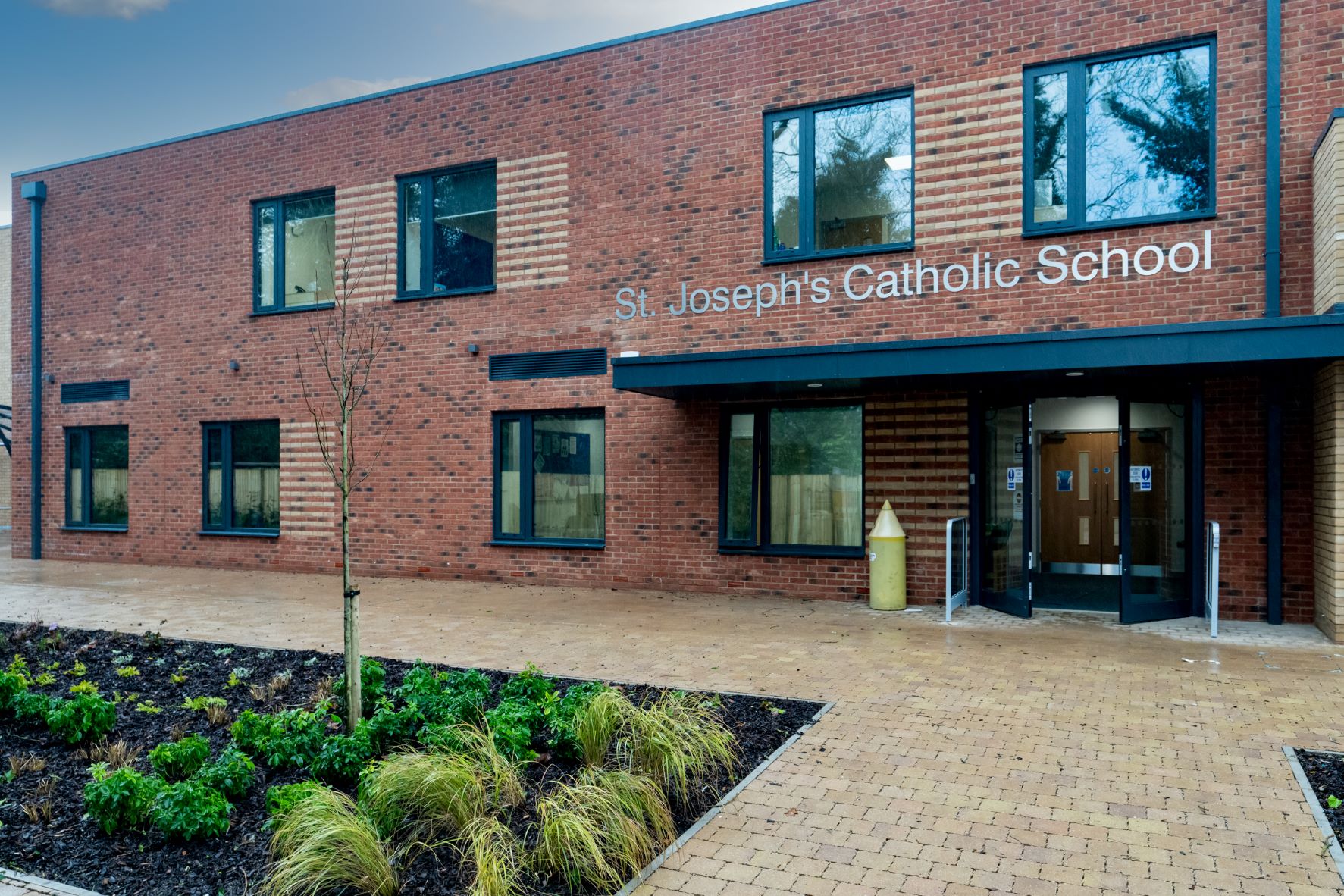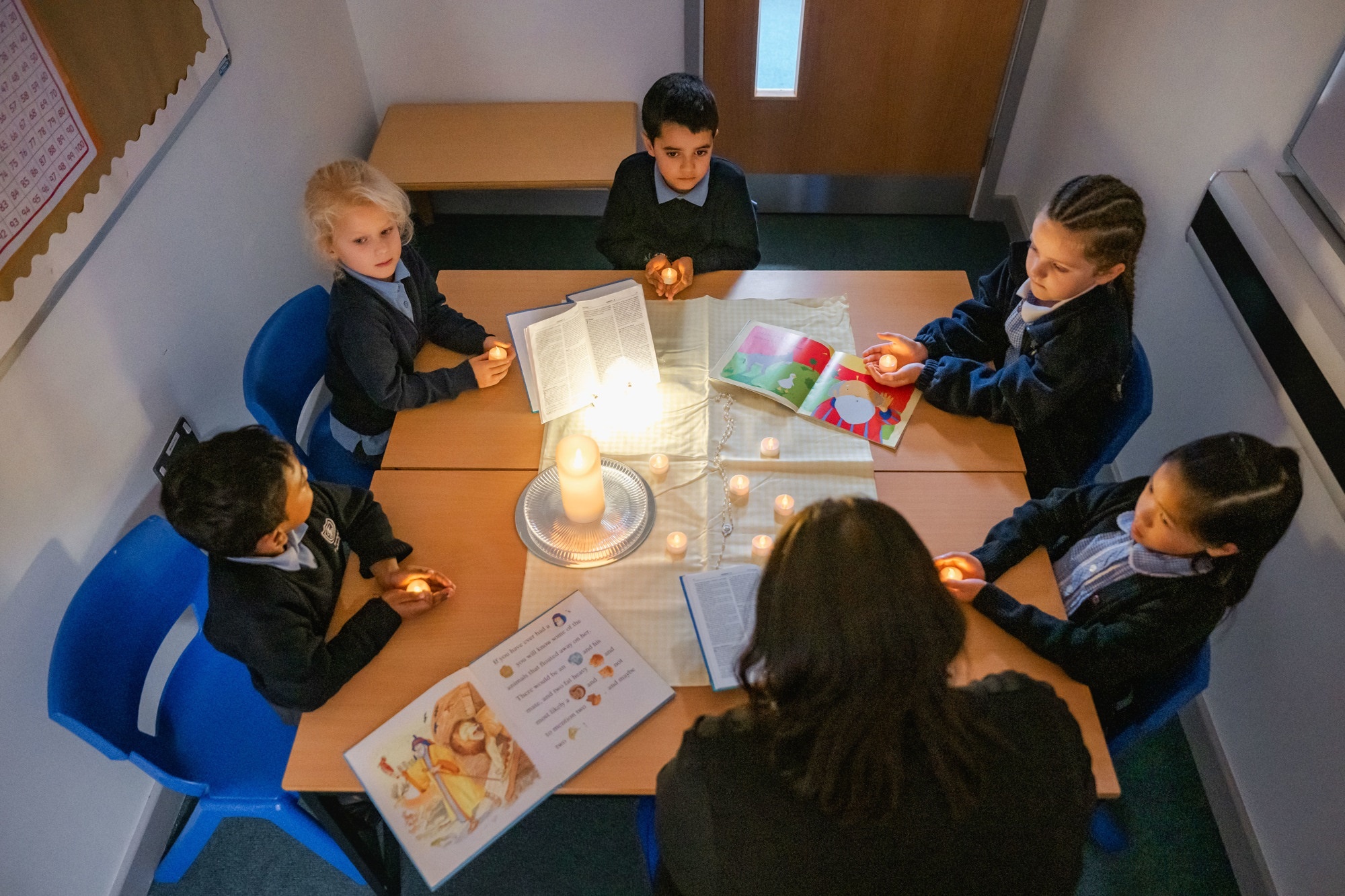Committees
The main working Committees are:
Curriculum
The Committee has responsibility for ensuring that the agreed broad curriculum is delivered in a way that is effective for all and accessible to all. The committee reviews the different subject areas with their staff co-ordinators and investigates performance and resourcing issues. The committee monitors overall performance trends in SATS results and is involved in the process of setting targets for future results with the Headteacher and the LEA.
Personnel
Technically the Governing Body is the employer of the teaching staff of the school and so this committee discharges the responsibilities of the Governing Body as an employer. The Committee advises the Governing Body on Staff structure and pay, participates in selection and oversees employee consultation, discipline and grievance processes.
Finance & Premises
This committee has the principal responsibility for Finance and the management of the school capital and revenue budgets. It is also responsible for maintaining and developing the school estate. This involves bidding for funding from the Diocese and the DfES and managing any projects that follow on from that. There are also all the usual premises related Health and Safety and Disability issues to deal with.
Governors Financial Summary 2020/21
Admissions
The Governing Body is responsible for determining who is admitted to the school. This Committee develops the Admissions Policy for agreement by full Governing Body and operates the agreed policy on its behalf.
Equality
This committee has the responsibility of preparing and publishing an Equality and Accessibility Plan and Policy as required by legislation. The committee review the Plan and report to governors and parents annually.
Promotion and Publicity
This committee is responsible for all matters relating to the promotion and publicity of the school including press releases. It provides assistance to the staff in regards to the production of the prospectus and ensures the school website is maintained with accurate and up to date information. It also provides a link for the local community, the parishes and the School Association.


































